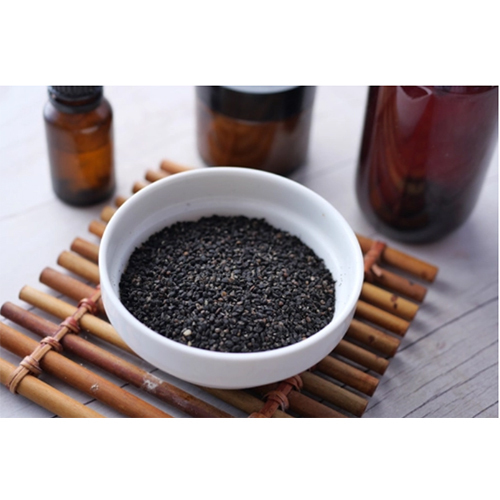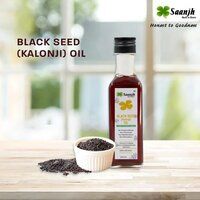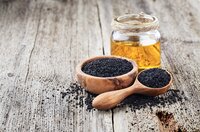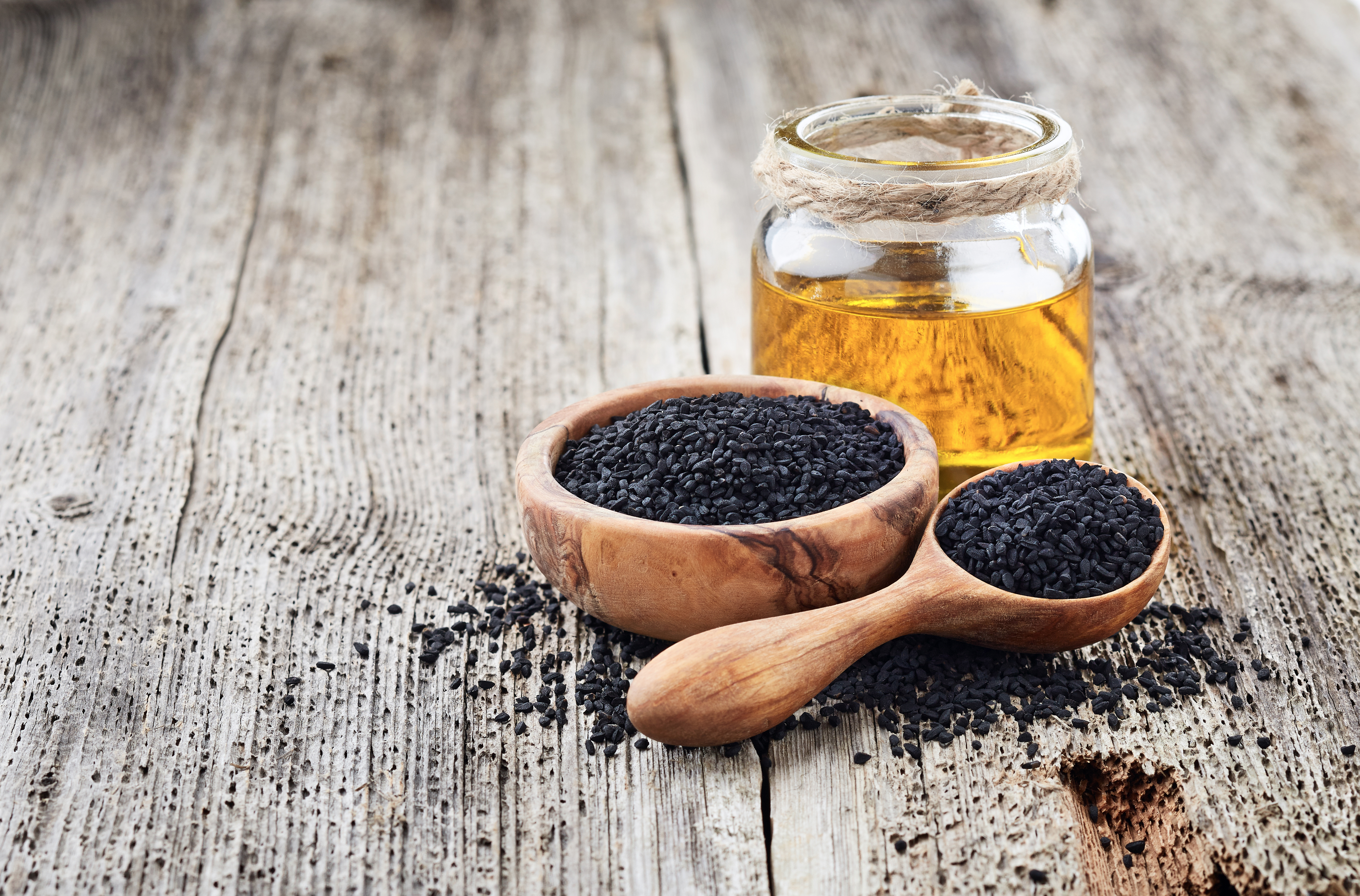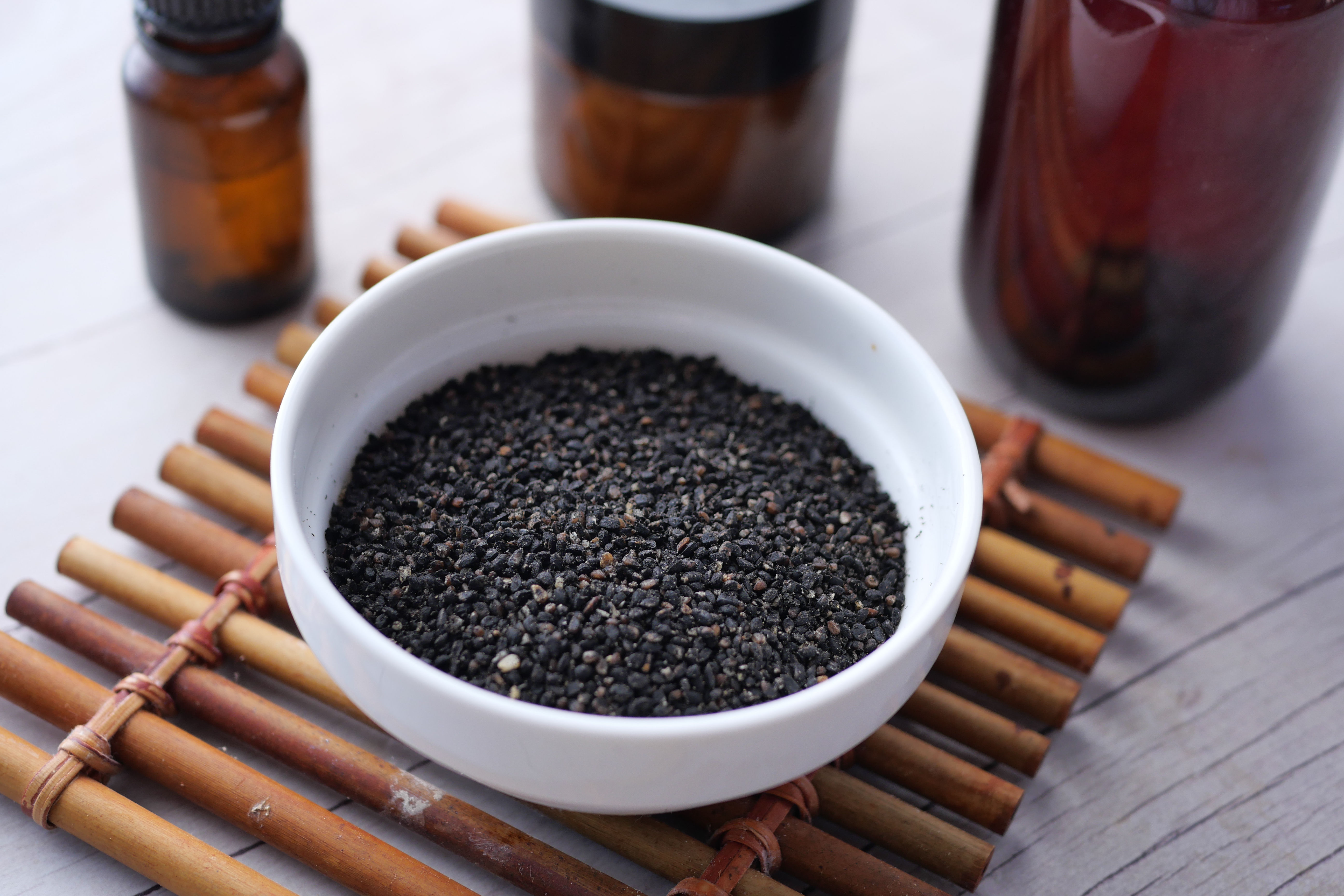Black Seed Kalonji Oil
Product Details:
- Sugar Content NO
- Usage good for skin and hair
- Grade A
- Application EDIBLE
- Product Type Curry Leaf Oil
- Processing Cold Pressed
- Cultivation Type Common
- Click to View more
Black Seed Kalonji Oil Price And Quantity
- 100 Liter
- 800 INR/Liter
Black Seed Kalonji Oil Product Specifications
- Cold Pressed
- A
- EDIBLE
- good for skin and hair
- NO
- Curry Leaf Oil
- Common
- High
Black Seed Kalonji Oil Trade Information
- 5000 Liter Per Month
- 10 Days
- Yes
- Free samples available with shipping and taxes paid by the buyer
- 25L Drum
- Asia
- All India
Product Description
Scalp nourishment: Black seed oil is believed to provide essential nutrients to the scalp, including vitamins, minerals, and fatty acids, which can help nourish hair follicles.
Hair growth stimulation: Some studies suggest that black seed oil may promote hair growth by increasing the proliferation of cells in the hair follicles and reducing inflammation.
Moisturising properties: The oil has emollient properties that can help moisturise the hair and scalp, preventing dryness and flakiness.
Antimicrobial effects Black seed oil has antimicrobial properties that may help combat scalp infections caused by bacteria or fungi, which can contribute to hair loss or scalp issues.
If you're considering using black seed oil for your hair, here are some tips:
Patch test: Before applying black seed oil directly to your scalp, perform a patch test on a small area of skin to check for any adverse reactions or allergies.
Dilution- Black seed oil is potent, so it's generally recommended to dilute it with a carrier oil like coconut oil, olive oil, or jojoba oil before applying it to your hair and scalp.
Application-Massage the diluted oil into your scalp using gentle circular motions. You can also apply it to the length of your hair to moisturise and nourish the strands. Leave it on for a minimum of 30 minutes or overnight before washing it out with a mild shampoo.
Consistency: Like with any natural remedy, consistent and long-term use may be necessary to observe potential benefits. It's not a one-time solution, so be patient and incorporate it into your regular hair care routine.
Consultation: If you have any underlying scalp conditions or concerns about using black seed oil, it's advisable to consult with a dermatologist or trichologist for personalised advice.
Remember, individual results may vary, and it's important to consider other factors like overall hair care, diet, and lifestyle habits to maintain healthy hair.

Price:
- 50
- 100
- 200
- 250
- 500
- 1000+

